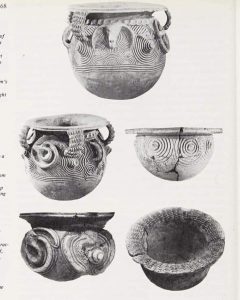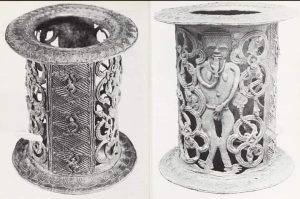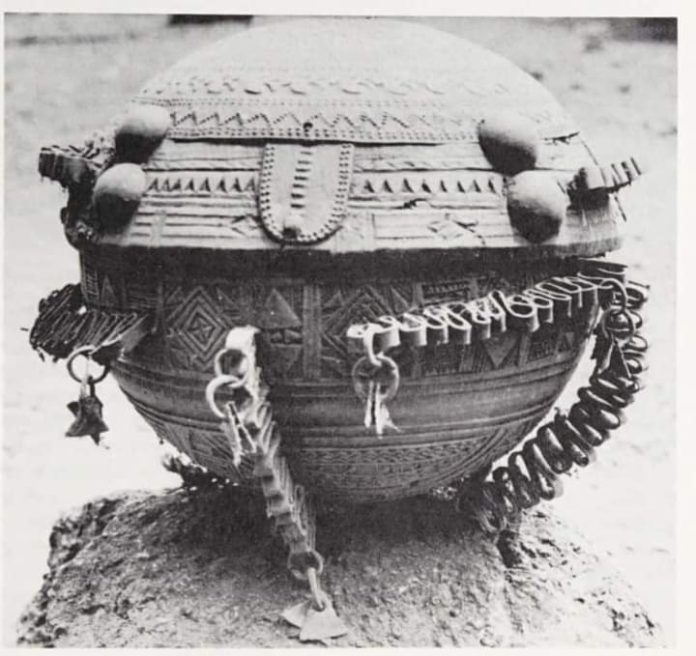Revisiting history, In a remarkable turn of events in 1938, Nigerian farmer Isaiah Anozie stumbled upon an extraordinary treasure trove while tending to his land. Delving into the earth, Anozie unearthed a collection of exquisite cast bronze artifacts, illuminating the existence of an ancient ceremonial center that thrived over a millennium ago.
Over the subsequent two decades, further excavations revealed a wealth of bronze artifacts, glass beads, and pottery, providing compelling evidence of a sophisticated and affluent society that flourished in what is now Nigeria from the 9th to 11th centuries C.E. Known as Igbo-Ukwu, this civilization left behind a legacy of remarkable artistry characterized by intricate designs laden with symbolic significance. Many scholars speculate that Igbo-Ukwu may have laid the foundation for the Igbo people, a prominent ethnic group in Nigeria.
The inaugural large-scale excavation of Igbo-Ukwu took place in 1959 under the guidance of British archaeologist Thurston Shaw. This endeavor unearthed three distinct sites—dubbed “Igbo Isaiah,” “Igbo Richard,” and “Igbo Jonah”—each offering unique insights into the multifaceted aspects of Igbo-Ukwu society. Igbo Isaiah revealed an array of ornate bronze artifacts including vessels and jewelry, while Igbo Richard yielded evidence of elaborate burials adorned with glass beads, textiles, and bronze articles. Igbo Jonah, on the other hand, appeared to be a repository of discarded ceramics and additional bronze items.
The significance of the bronze artifacts from Igbo-Ukwu lies not only in their aesthetic allure but also in their symbolic connotations. Notable among these treasures is the Vase with Rope, a bronze creation mimicking a ceramic vessel entwined with knotted rope. Similarly, the Shell Vessel with Leopard showcases intricate depictions of leopards, hinting at the societal significance of power and prowess.
While some artifacts, such as those featuring leopard motifs, suggest associations with authority, others, like the enigmatic Double Egg Pendant, evoke themes of fertility and influence, albeit with interpretations still shrouded in mystery.
Dating back to the 9th to 11th centuries C.E., these artifacts stand as the oldest known cast bronze objects in West Africa, underscoring the extent of Igbo-Ukwu’s involvement in local and regional trade networks, possibly extending as far as Egypt and India.
Despite these revelations, questions regarding the organizational structure of Igbo-Ukwu society and the reasons behind its eventual abandonment remain unanswered. Nevertheless, the discovery of Igbo-Ukwu offers a glimpse into a bygone era of opulence and connectivity, predating other renowned Nigerian civilizations such as Ile-Ife and Benin bronze.
Anthony Emeka Nwosu




